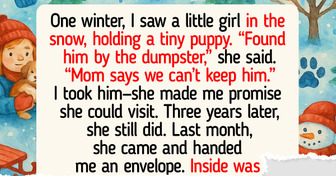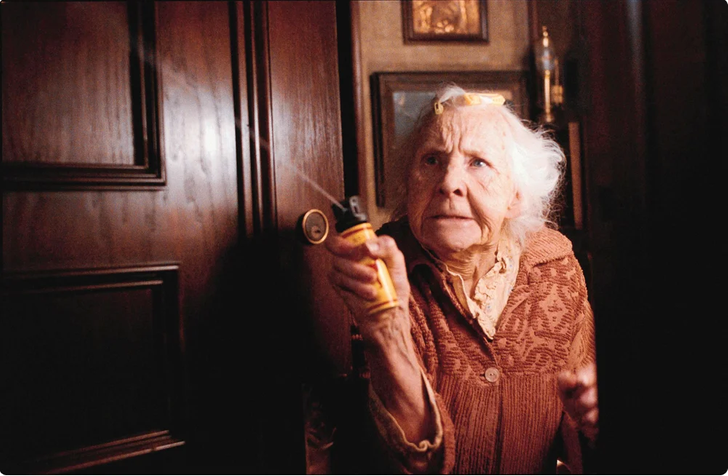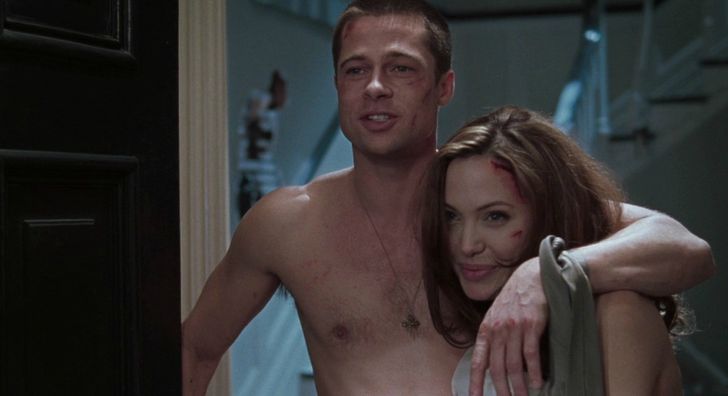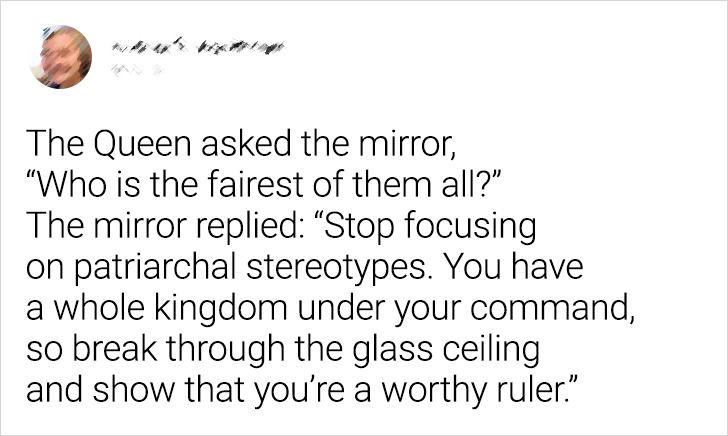Despite the development of societies and despite all this tremendous amount of intellectual openness and education, the traditional image of women and men dominates a wide range, which greatly delays the wheel of human development because males everywhere impose their control because they are the strongest physiologically and this is what China and Japan have been able to overcome, so you find girls and boys are completely equal because Both of them received training in the same kungfu, and they both work in the affairs of education and the home at the same pace and in the circles of work, both of equal value and no preference for sex except for the more worthy mentally and practically, while there are other societies that the female is still waiting for her husband to return home to cook for him and wash his clothes and exercise her role as a servant and exercise his role as a God
6 Stereotypes From Older Generations That Can Keep Us in the Past
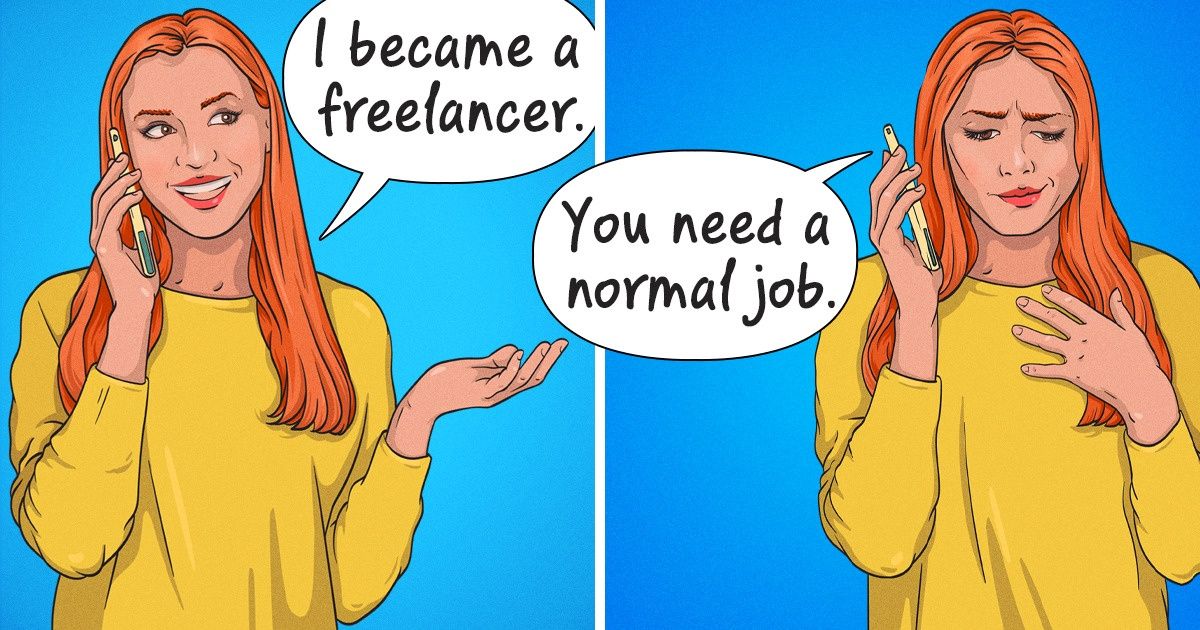
Stereotypes can be useful and can even save lives. For example, the belief that stray dogs will definitely attack people may force a person to be careful and take pepper spray with them. There are complimentary attitudes that warm up our hearts, such as “Siberian health.” But there are also stereotypes that are annoying but quite harmless, like that boys should be dressed in blue, and girls, in pink.
But still, many stereotypes have negatively impacted people’s lives. We at Bright Side decided to recall and refute some social attitudes that should’ve long been sent to the history dumpsite.
Elderly people should be respected.
Respect for age stems from primitive times when the older generation was the only source of knowledge about the world around us. Now, there are a huge number of such sources, and the world is changing so rapidly that the experience of previous generations instantly becomes outdated. And today, it’s not the grandmother who teaches her granddaughter to knit, but the granddaughter who shows her grandmother how to use gadgets and maintain a blog.
This doesn’t mean that elderly people should be treated contemptuously or condescendingly. Everyone, no matter how old they are, deserves to be met with a polite attitude, but respect should be based on deeds, not age. For example, an argumentative retired person who offends their relatives, neighbors, and even animals can hardly be considered worthy of such respect. In fact, a teenager who volunteers at a nursing home deserves much more respect.
The stereotype about obligatory respect for elderly people can also be dangerous. A small child who has this approach stuck in their head will likely not be able to refuse an adult, even a stranger. This means that the child will trustfully go with a stranger, no matter what they tell the child because, in their mind, all elderly people have authority by default.
Relationships require hard work.
Family and love aren’t a place of work or war, psychologists say. You don’t have to sacrifice yourself here. In a healthy relationship, partners aren’t rivals, they’re members of the same team. Conflicts can occur between them, but both sides should be ready to solve them. And for this, you need to work not on relationships, but on yourself.
If you feel bad with your partner and the time you spend together doesn’t bring you joy, if you’re ignored, or the person doesn’t understand that they’re hurting you, then this is a toxic relationship that should be terminated. This doesn’t mean that your partner is bad, it’s just that you want different things, so you can’t be a team. In such a union, you won’t be comfortable — you will either be in the position of a victim, or in the position of a parent trying to raise unreasonable offspring.
Laziness is bad.
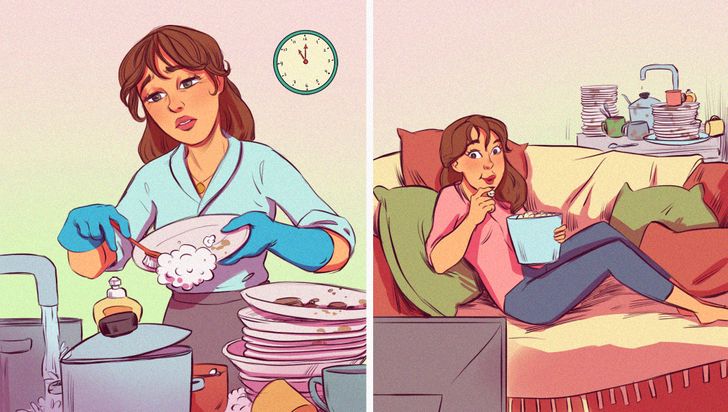
Everyone has put off important things for later, skipped a morning run, or read an interesting book instead of preparing for an exam. As a rule, after this happens, a person experiences shame because they indulged in their own laziness. And lazy people aren’t respected in society. Offensive things are said about them and people call them weak-willed.
But, in fact, everyone has a right to be weak. If your laziness hasn’t become a regular occurrence, there’s nothing to be ashamed of because it protects your body from becoming overloaded. Often, after getting some rest, a person becomes more productive and suddenly finds interesting solutions to complex creative problems. The fact is, during moments of rest, the algorithms for unconscious processing of accumulated data get turned on in our brains.
“Never ask for anything, especially from those who are stronger than you.”
Mikhail Bulgakov’s novel, The Master and Margarita has become the reference book for more than one generation, and the phrase of the writer, “Never ask for anything, especially from those who are stronger than you,” became their motto. As a result, many people are now ready to infringe on themselves and their interests so that they don’t have to ask for help.
But Bulgakov put these words into the mouth of a charming devil, and from evil spirits, according to any religion and folklore. So, in a nutshell, this means it’s really better not to ask for anything. But why not ask your boss for a raise, for your mother to babysit her grandchild for a couple of hours, or for a stranger passenger to give up a seat for you if it’s difficult for you to stand?
The writer added in his phrase that people will eventually give you what you need. But why should people have to guess what you need? Why should the boss appoint you to the vacant position of the head of the department if you haven’t even shown a desire to take it? In the end, remember how many lives charitable foundations have been able to save thanks to the fact that they didn’t hesitate to ask for help.
There are men’s jobs, and there are women’s jobs.
Occupations are still divided into women’s and men’s jobs. It’s believed that women aren’t tech-savvy and that men are incapable of empathy, so caring for children and the elderly is clearly not their field. However, neuroscience has proven that the brain is independent of gender.
Our brains reflect the life we lead. If a boy is presented with a LEGO set and he constantly designs something out of it, then, most likely, he’ll become a skilled engineer. If a girl is given dolls and is taught to pretend to keep house, then her brain will adjust to it. We ourselves program gender attitudes in our children, and it’s not the brain that dictates to them any inclination to a particular occupation.
If a woman with a diploma goes to get a job as a software engineer, and a man, as a primary school teacher, it means their brains have already successfully adapted to their field of activity. However, due to stereotypes, they both are at risk of becoming unemployed.
Women love to gossip.
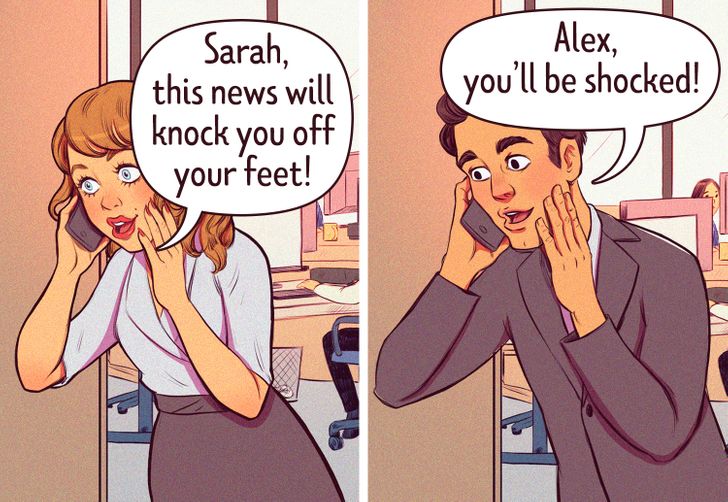
Many people are sure that female groups are full of gossip and intrigue, and women go to work only to pick their colleagues to pieces. This stereotype often plays against women when they’re trying to get employed.
However, scientists conducted an experiment that showed that everyone gossips in the same way, regardless of gender, and people don’t spend too much time on it — gossiping constitutes only about 14% of all conversations. At the same time, women’s gossip is most often benevolent or neutral, while men’s gossip is negative.
Additionally, contrary to popular belief, elderly people gossip less than younger people. And they often discuss someone in a positive way, while young people, in a negative way. Remember this when you compare the rumor-starters to those old ladies living in your neighborhood.
Bonus: Stereotypes about careers are also breaking.
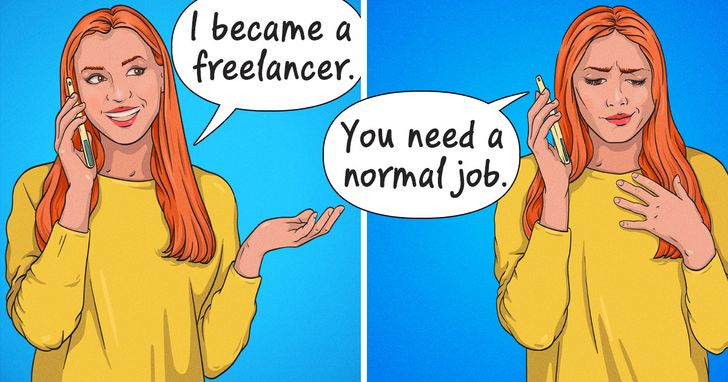

What depressing stereotypes have you encountered?
Comments
I loved this comment... Thank you!
Breaking stereotypes in any way! Also, let's face it, relaxation and taking time for ourselves is not laziness, it's just self-love :)
Oh man my boyfriend LOVES gossip ? he broke that stereotype for me
Haha I am also guilty of this, I love knowing what is going on ?
Who doesn’t ?
I really hate it when elders claim respect when they aren't nice people, sorry but I just prefer to judge/treat people based on their actions... not on who they used to be
I think that's fair, just because someone was a hero in the past doesn't mean they can be an ass right now and still expect people to treat them highly
I'm glad that someone else shares my opinion, I often get bad comments about it
Related Reads
20 Tutors Reveal What Really Goes On Behind Closed Doors
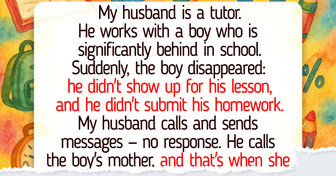
My Coworker Reports Everyone to HR to Get Bonuses—So I Turned the Tables
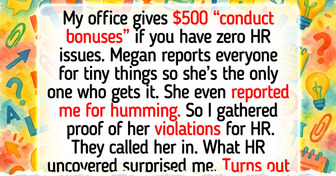
I Refuse to Risk My Son’s Safety to Save My Ex’s Child
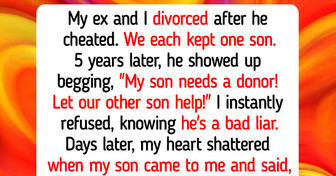
11 Times People Showed That Real Courage Isn’t Loud—It’s Kind

13 Times People Accidentally Uncovered Someone’s Biggest Secret
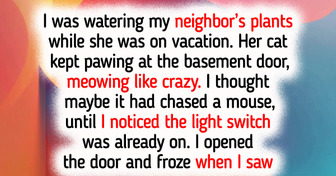
My MIL Refused to Believe in My Son’s Gluten Allergy
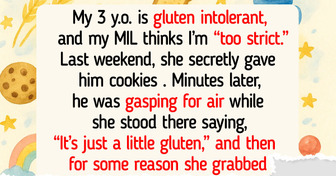
I Refused to Earn $25K Less Than a New Hire—So I Pulled a Move No One Saw Coming
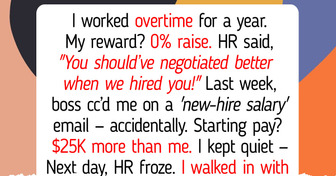
I Refused to Let My MIL Own My Family Budget, Now My Marriage Is on Thin Ice

I Let My MIL Join Our Family Trip—And It Turned Into Chaos
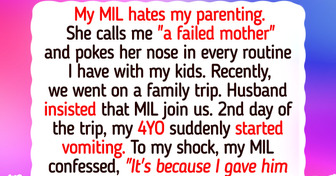
15+ Raw Stories About Jealousy That Can Leave You Speechless
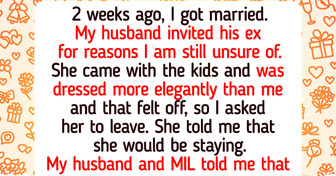
18 Stories That Show Kindness Can Be the Strongest Force of All
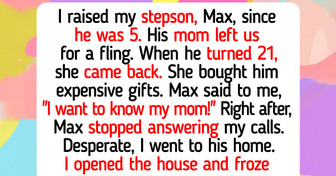
15 Times Kindness Proved It’s Still the Strongest Force on Earth
